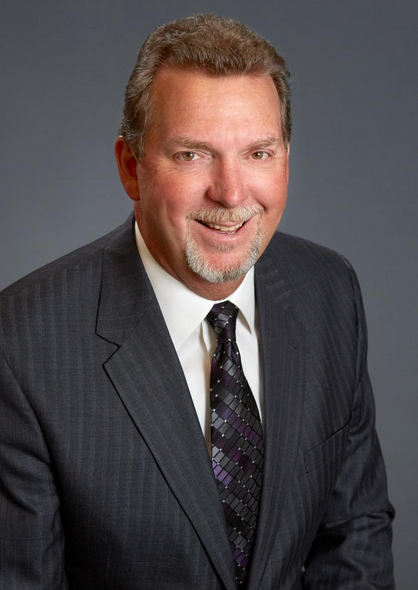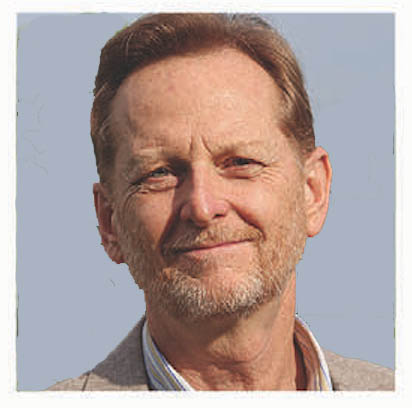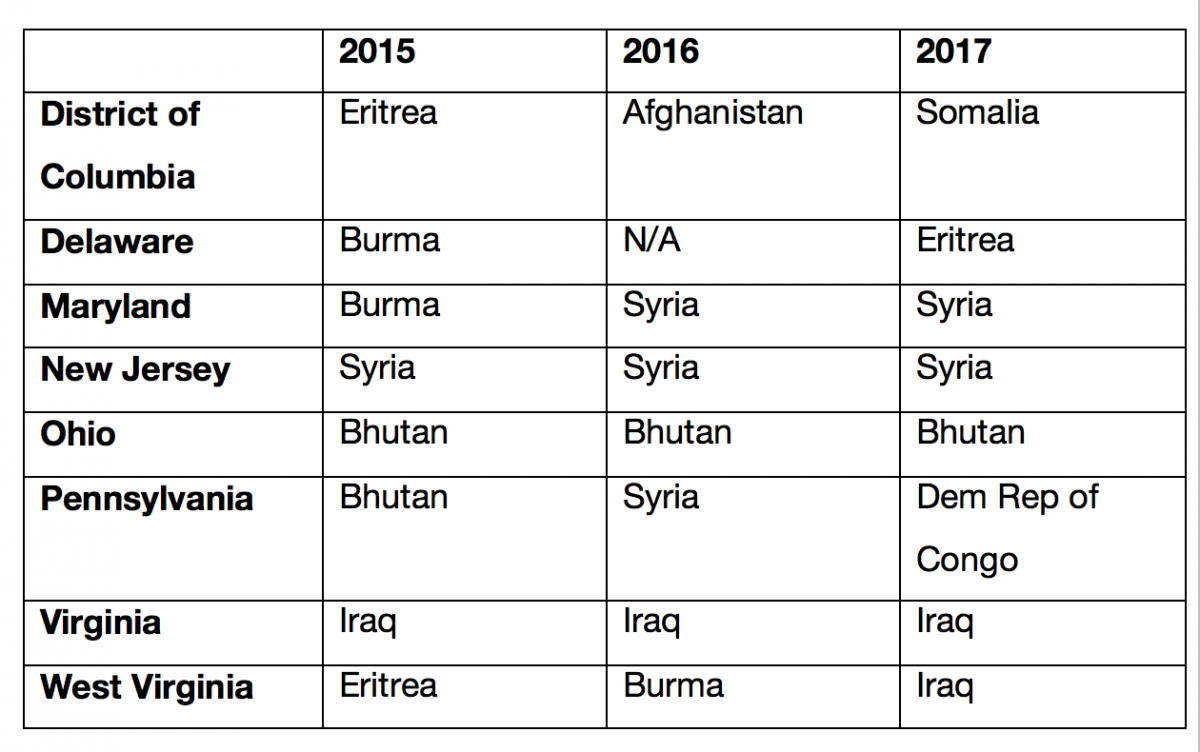 Editorial by Dave Weigley
Editorial by Dave Weigley
Recently my niece, a determined genealogist, discovered through her research that we Weigleys came from a little German village not far from the city of Worms. A quick look online reveals this was the place Martin Luther, the father of the Protestant Reformation, took his stand for conscience, declaring before the Diet of Worms in 1521, “Unless I am convinced by the testimony of the Scriptures or by clear reason, I am bound by the Scriptures I have quoted and my conscience is captive to the Word of God” (Martin Brecht, Martin Luther: His Road to Reformation 1483-1521, Vol. 1, p. 460).



 nterview by V. Michelle Bernard
nterview by V. Michelle Bernard

 Source:
Source: 